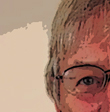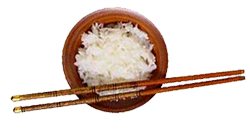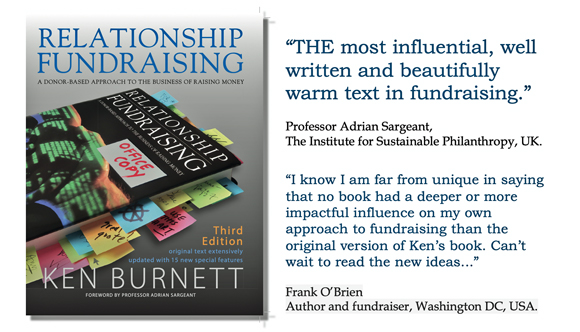|
Blog 10th January 2013
Fundraising to change the world is no less important than the making and serving of sushi or the art of judo or jujitsu. Yet in our ranks we have no such discipline that demands this level of dedication to mastering the basics before permission is granted to move on. Home page.
|
I remember being told, a while ago, that you don’t get to be a martial arts black belt by practicing 14,000 different moves, you get to be a black belt by practising just 14 moves one thousand times each. It’s nice advice. The secret to attaining the highest level of proficiency is that you don’t progress to mastering the next move until you’ve truly perfected the last. It’s an agreeable story that contains an important truth: to excel at any trade, craft or activity you first must master the basics. There are few things more tedious in any profession than a seasoned old codger banging on about how youngsters coming into the business nowadays don’t bother to learn the basics. So I won’t. What’s more, I’ll leave you to decide for yourself whether that’s a problem you should be worrying about on behalf of our profession, or not. But it might be timely and supportive as we enter a new year to refer some of those new to our profession to sources that might help them to master their chosen path. And to remind some of the others, the more experienced hands, that a refreshing visit to the old foundations is well worth undertaking, once each year at least. So I’d like to tell you a story about a very necessary essential, see opposite, and to list for you links to some of the main foundations of fundraising which you’ll find set out for you, for free, in simple, copy-able formats on the SOFII site (which among other things was designed to provide fundraisers with ready access to this kind of useful information). • An ABC of direct response fundraising. • Pure gold –the 34 fundamental foundations of fundraising. • The 11 pillars of wisdom and the five assumptions that underpin effective fundraising. • Why saying thank you matters – promptly and properly. There’s lots more fundamental stuff on SOFII of course, you just have to rummage around. But first, before you go to any of these places, why should you learn to make rice? Sushi chefs, when training, are required to spend their first two years just making rice. Nothing else. Rice is so fundamental to sushi, aspiring tyros must satisfy their seniors that they can make grain perfect rice infallibly, even without thinking about it. The novice then soon becomes the master of this basic of his or her trade. Only having perfected the making of rice can she or he move on. I like that lesson. Fundraising to change the world is no less important than the making and serving of sushi or the art of judo or jujitsu. Yet in our ranks we have no such discipline that demands this level of dedication to mastering the basics before permission is granted to move on. I think this a grievous fault. Our donors and causes suffer because of it. But then, I am an old codger. © Ken Burnett 2013 This blog was first published in January 2013 on the 101 Fundraising Crowdblog and on Ken Burnett’s own site (ie, here). At the time of writing Ken Burnett is co-founder of Clayton Burnett Limited, a director of The White Lion Press Limited, a consultant to The Burnett Works agency and former UK director, director of fundraising and chairman of the board of trustees for the international development charity ActionAid. He’s author of several books including Relationship Fundraising and The Zen of Fundraising and is managing trustee of SOFII, The Showcase of Fundraising Innovation and Inspiration.
|
Socially the lowest of Calcutta life were the beggars, and they were having a particularly hard time. The region’s troubles had seen off the tourists upon whom the beggars depended for their livelihood. In the district of Calcutta known as Chowringhee the one dependable thing in the lives of these beggars was a soup kitchen run by the Salvation Army, which each day provided a single square meal to each of the beggars, for most the only sustenance they had. But word reached these beggars of the terrible troubles of the refugees who had recently arrived in their neighbourhood. They could readily imagine their suffering. Then the leader of the beggars’ community approached the organisers of the soup kitchen with an extraordinary request. The beggars, he said, wanted to help. They requested that the soup kitchen cut their daily ration in half from now on, so the other half could be sent to the refugee camp. These people, who were so poor themselves, were prepared to sacrifice half of the little they had to help people they didn’t even know. So there’s an answer to the question, who is a donor? A donor can be anyone. Anyone who cares enough to give something of his or her own to help another in need. It’s a basic that every fundraiser should know and appreciate. Adapted from Relationship Fundraising,
|




